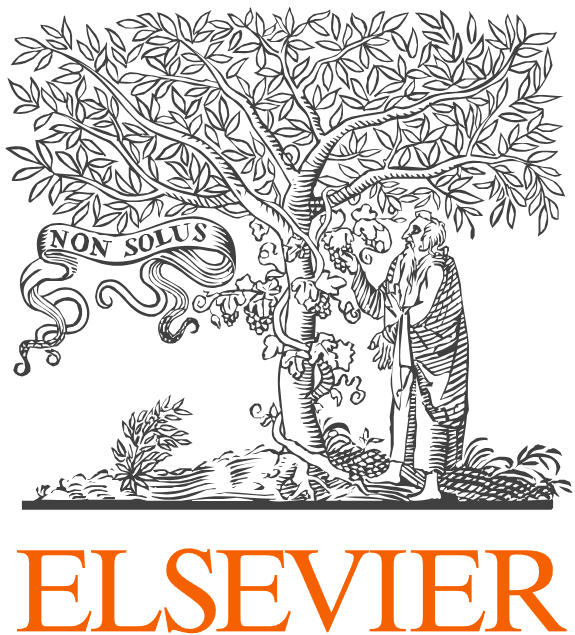Adaptive Governance along the Chinese financed railroads in East Africa, World Development 141 (May 2021)
About:
As part of its Belt and Road Initiative (BRI), China is increasingly investing abroad and has become an important country for development financing. Many commentators have expressed concern that the country is defying the Western path of sustainable development guided by the rule of law and good governance standards. Yet, studies of the real existing articulation of the BRI are lacking. Through a comparative case study of Chinese loans for infrastructure in East Africa (the Standard Gauge Railroad in Kenya and the Ethiopia-Djibouti railroad), this article offers a consolidated and more systematic assessment of what kind of governance China is in fact practicing through the BRI and the reasons behind what I argue to be its ‘adaptive governance’ approach. Specifically, it examines the attitude of Chinese state-owned enterprises (SOEs) toward corporate social responsibility (CRS) in light of the regulatory frameworks of the Chinese central government and host governments. Through a combination of document analysis and in-depth interviews with relevant stakeholders, this paper compares the railroads China has financed and built in Kenya and Ethiopia as part of the BRI with a focus on CRS and their economic, social, and environmental impacts. It argues that the reason for the differing CRS in the two case studies is that China is not forcing upon host countries any specific type of governance, because its approach is above all adaptive and conforms with its core principles of sovereignty and non-interference. Such an approach, however, has generated several negative externalities that may reinforce poor governance standards and ultimately undermine the sustainability and developmental outcomes of the BRI. By looking at concrete cases from the ground, this article sheds new light on China’s emerging development paradigm along the BRI and addresses some of the concerns related to China’s rise as a great power.

